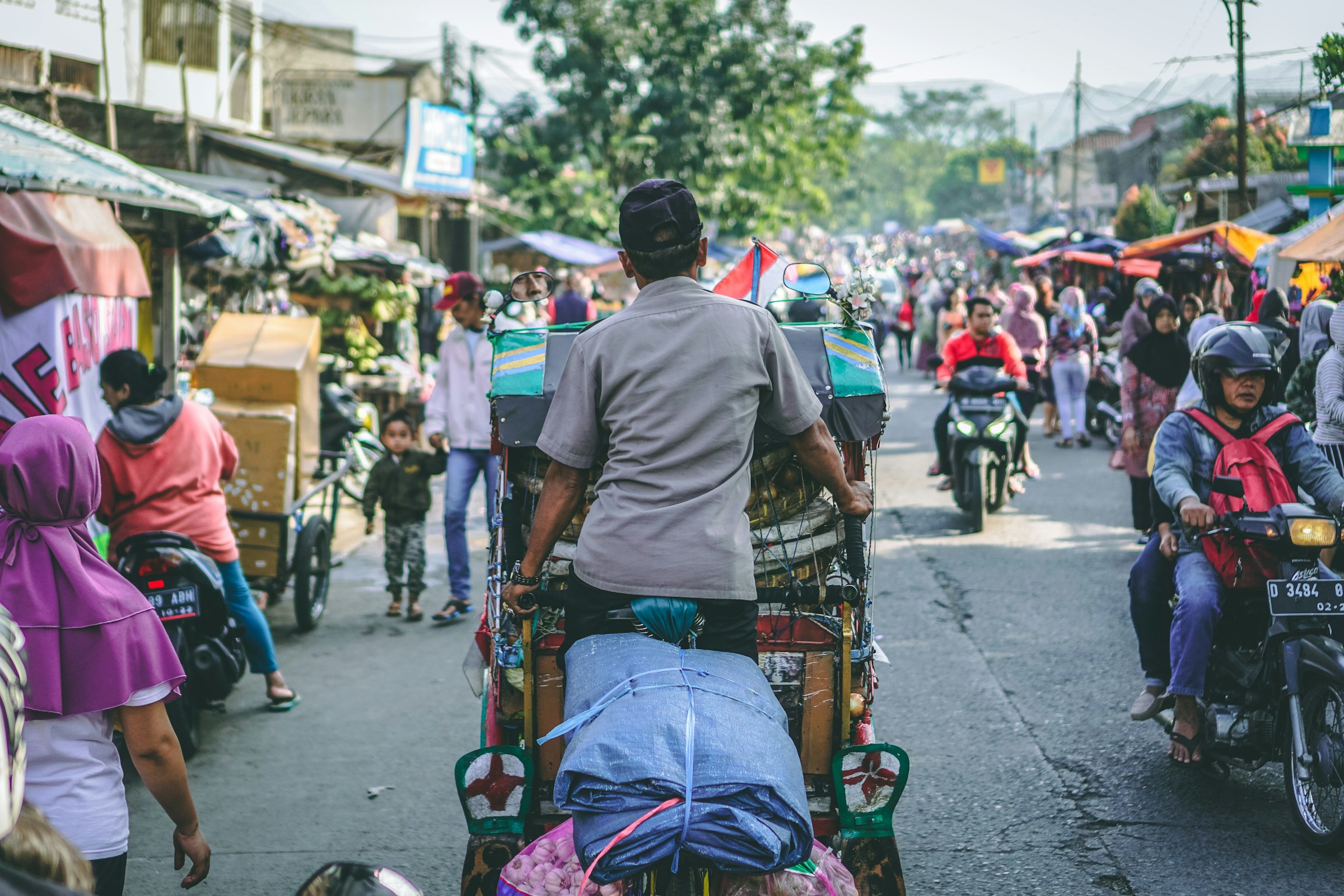
Indonesia, a nation of incredible diversity and cultural richness, is home to a staggering 789 people groups. Which 235 remain unreached with the gospel. Therefore, these unreached people groups (UPGs) account for more than half of the country’s population. They span from a few hundred to millions of individuals. With 707 distinct language groups and a population nearing 275 million, Indonesia stands as the fourth most populous nation globally. It presents a unique challenge and opportunity for spreading the word of God.

While the challenge of reaching out to unengaged groups in Indonesia is multifaceted. The sheer number of UPGs, combined with the country’s vast geographical spread across thousands of islands, complicates access and communication. In addition, the diversity of languages and cultures requires tailored approaches to engagement and evangelism. As well as societal and governmental restrictions on proselytizing add another layer of complexity to missionary work.
Despite these challenges, the need for engagement is urgent. Many of these groups such as the Sunda, Madura, and Betawi have minimal exposure to Christianity, with some having less than 0.05% evangelical presence. As a result, we see that their spiritual needs are profound, and the opportunity to make a significant impact is immense.

Furthermore, the foundation of any effort to support unengaged groups in Indonesia must be prayer. In fact, Prayer mobilizes spiritual resources and opens doors that no human effort can. Praying for the Sunda, Madura, and Betawi people, among others, is a critical first step. This includes praying for their openness to the gospel, for the safety and boldness of local believers and missionaries, and for the provision and prosperity of these communities.
Raising awareness is equally important. Many people are unaware of the existence of these unengaged groups and the challenges they face. By sharing their stories and needs, we can inspire more individuals and churches to pray and take action.

Local missionaries and churches are on the front lines of engagement with UPGs. They understand the cultural and linguistic nuances that are crucial for effective ministry. Supporting them can take various forms, from financial assistance to providing training and resources for evangelism and discipleship.
Organizations like Indopartners Agency and WordPartners are actively involved in equipping local leaders with the tools they need to spread the gospel effectively. By partnering with such organizations, individuals and churches can amplify their impact.

Additionally, given the restrictions on proselytizing in some areas of Indonesia, creative access strategies are essential. This might include engaging in social and community development projects, healthcare, education, or business as platforms for building relationships and sharing the gospel indirectly.
Technology also offers unprecedented opportunities for reaching unengaged groups. From social media to mobile apps and online platforms, digital tools can transcend geographical barriers and deliver the gospel to remote or restricted areas.

Furthermore, successful engagement with UPGs requires a deep respect for their cultures and traditions. Efforts to share the gospel must be done in ways that honor their cultural identity and avoid unnecessary offense. This includes learning about their beliefs, values, and customs, and finding points of connection that can serve as bridges for the gospel.

Despite the challenges, there are encouraging signs of progress. The history of missionary work in Indonesia shows that persistent efforts, grounded in prayer and cultural sensitivity, can yield significant fruit. From 1951 to 1976, the word of God grew and spread across Indonesia, thanks in part to the efforts of Gilead missionaries. More recently, initiatives like the prayer videos for the Sundanese and Betawi people are helping to raise awareness and mobilize prayer support.

In conclusion, supporting unengaged groups in Indonesia requires a varied approach, combining prayer, financial support, awareness-raising, and strategic engagement. Here are some practical steps we’d love for you to take:
- Pray: Commit to regular prayer for specific unengaged groups in Indonesia. Use resources like prayer videos and prayer guides to inform your prayers.
- Educate: Learn about the cultures, languages, and needs of unengaged groups. Share this knowledge with your church and community to raise awareness.
- Give: Financially support organizations and missionaries working directly with UPGs in Indonesia. Even small contributions can make a big difference.
- Partner: Consider how you or your church can form direct partnerships with Indonesian churches or ministries. This could involve short-term missions, training programs, or other forms of support.
- Advocate: Use your voice to advocate for religious freedom and the rights of minority groups in Indonesia. This can help create a more favorable environment for the gospel to spread.
The task of reaching unengaged groups in Indonesia with the gospel is daunting but not insurmountable. With a strategic, prayerful, and culturally sensitive approach, we can make a significant impact.
In addition, by supporting local believers, leveraging technology, and respecting cultural differences, we can see more Sundanese, Madurese, Betawi, and other unengaged people groups come to know Jesus as their King and Savior. Lastly, We hope you’ll join us and become part of this exciting movement of God in Indonesia, expecting him to move in powerful ways among these communities!
